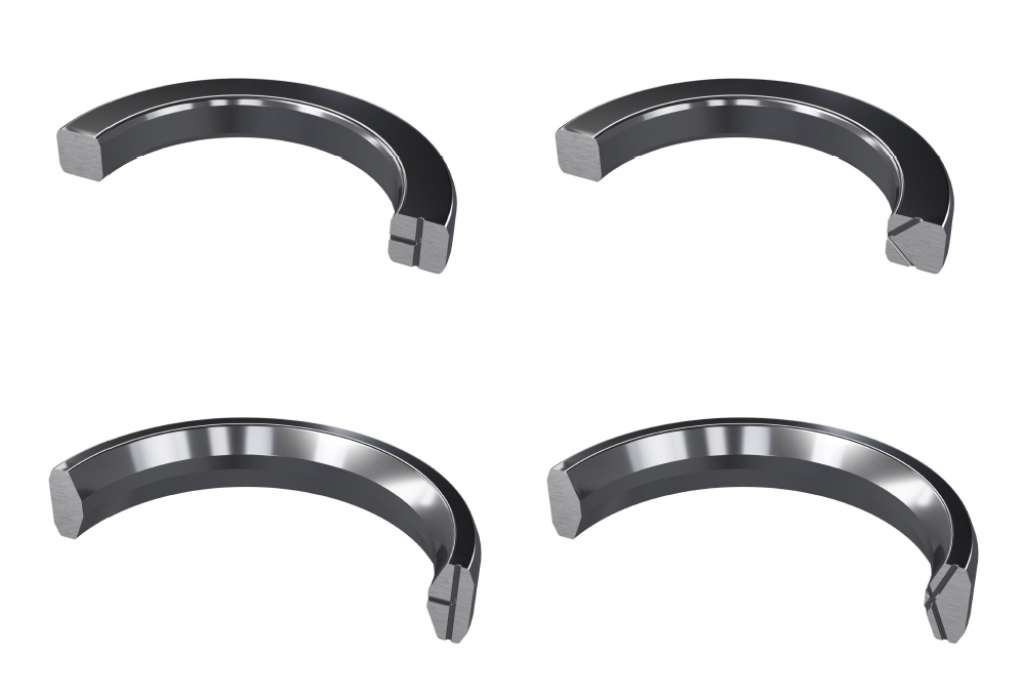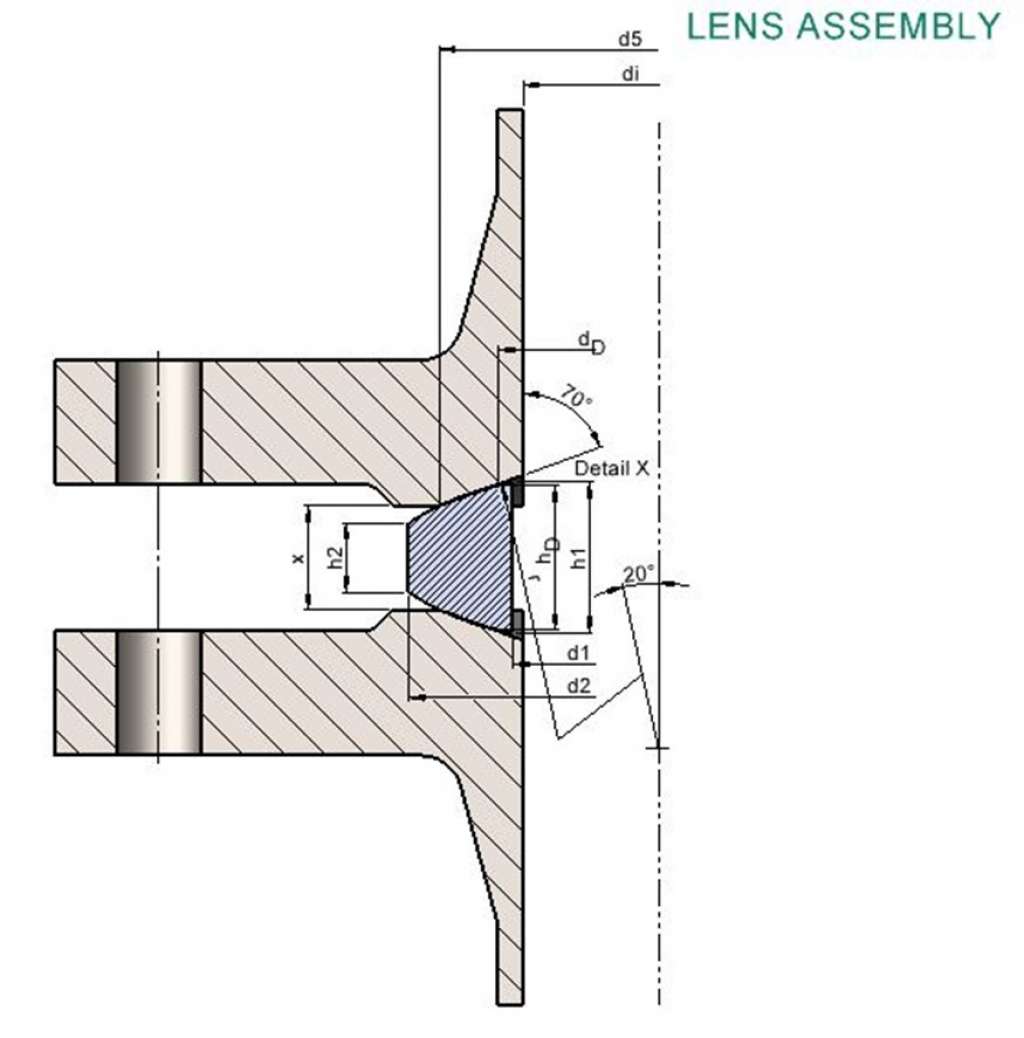
The Ring Type Joint - RTJ gaskets were originally developed for high-pressure and high-temperature applications typical of the petroleum industry. While they are primarily used in the Oil & Gas sector, they are also widely employed in valves, pipeline flanges, and pressure equipment across various industrial applications. Their robust design makes them suitable for sealing solutions across the entire spectrum of industrial services, regardless of pressure and temperature conditions.
| Flange | API 6A | API 6B | API 17D |
|---|---|---|---|
| Pressure Range | up to 20.000 psi | up to 5.000 psi | up to 20.000 psi |
| Ring Type Joint - RTJ | R, RX, BX | R (Oval and Octagonal) | SRX*, SBX |
| Field of application | Valves, Wellheads, Oil & Gas production systems | Industrial piping, standard connections | Subsea |
*The latest API 17D no longer supports the use of SRX, but they can still be used as replacement parts for existing equipment.
Ring Type Joint RTJ gaskets can be manufactured from a wide range of metallic materials, each characterized by a maximum hardness value specified in Brinell HBW or Rockwell HRC scales. For materials such as Soft Iron, Low Carbon Steel, F5, F410, and austenitic stainless steels, the maximum hardness values are defined by ASME B16.20 and API 6A standards. For alloy materials, the hardness limits listed in the reference table represent the maximum hardness values recommended by the Carrara technical department. Note that according to API 6A and API 17D specifications, Ring Type Joint - RTJ gaskets made of Soft Iron and Low Carbon Steel must be protected with electroplated zinc up to a maximum thickness of 8μm. In fact, Soft Iron and Low Carbon Steel are materials susceptible to corrosion, so zinc coating preserves the integrity of the gasket during storage and helps extend its service life.


